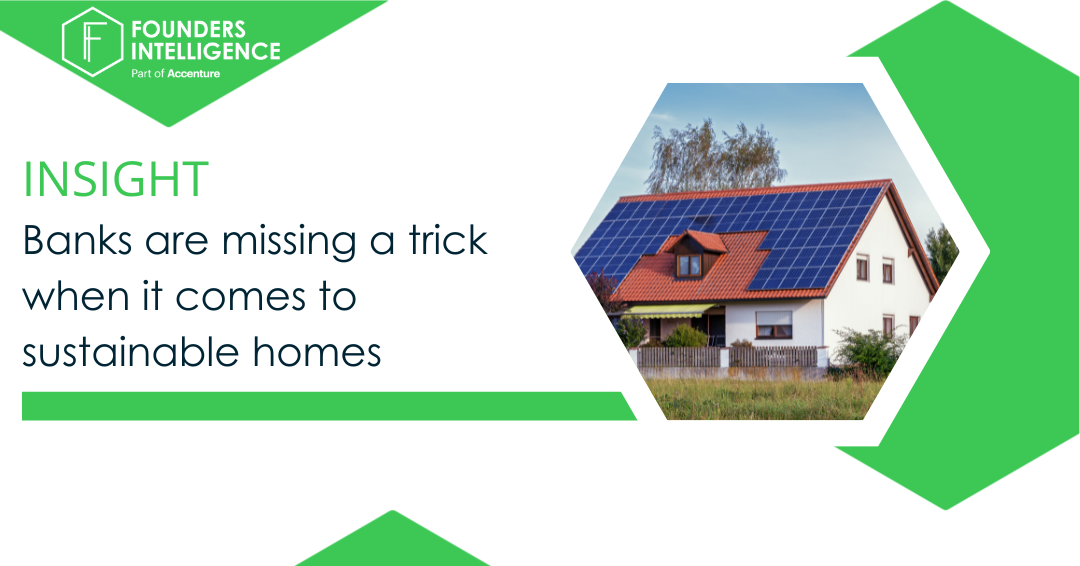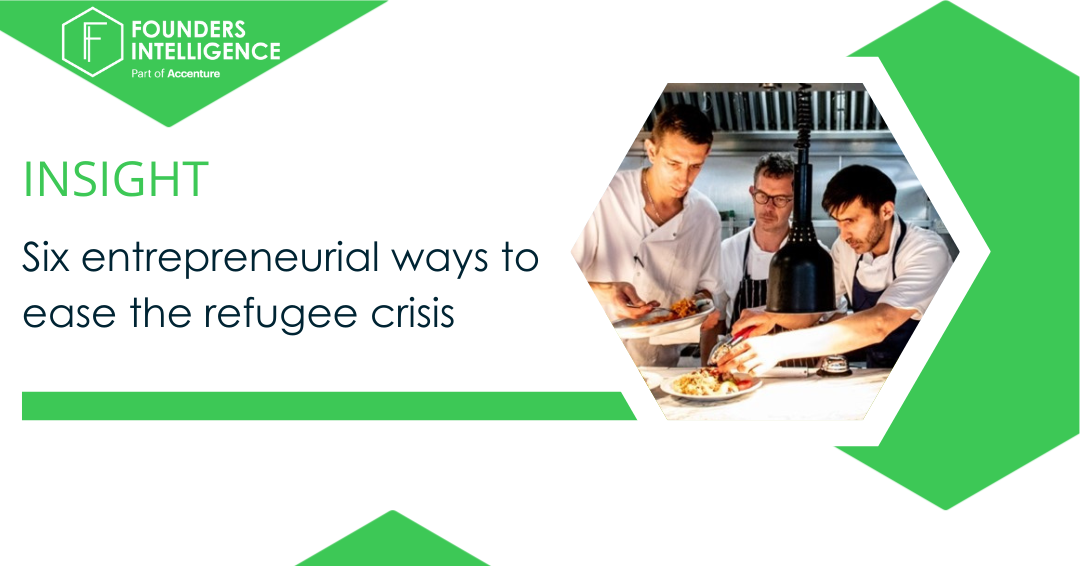What is the State of the Global Investment Landscape?
At Founders Intelligence, we help business leaders reinvent their industries by tapping into insights from the tech and venture world; as part of our role as London Tech Week Insight Partners we have compiled our key takeaways from the ‘What is the State of the Global Investment Landscape?’ discussion.
The panel, introduced by Brent Hoberman and hosted by the BBC’s Rory Cellan-Jones, featured Abdul Guefor (Managing Director, Intel Capital), Alexsis de Raadt St. James (Founder & Managing Partner — Merian Ventures), Itxaso del Palacio (Partner, Notion Capital), and Mika Salmi (Managing Partner, Lake Star).
Focus of VC Investments Has Not Dramatically Changed Post-Covid
- Strategies have remained consistent — Alexsis St James, for example, maintains a distinctive emphasis on female founders and diverse founding teams, while Abdul Guefor’s focus on B2B and enterprise is foundational.
- Emphases within these strategies, however, have seen some small shifts: Guefor’s focus on data centres and connectivity has been helped by the crisis, while St James’ stress on interface between private and public health has been brought into sharper relief with the pandemic.
- Both Mika Salmi and Itxaso del Palacio stressed that help to portfolio companies and founders has become a point of renewed emphasis: extending the cash runway, downsizing where necessary, and getting founders the help they need to get through the crisis, often by connecting founders with their peers or with mentors.
Unlike the Public Markets, There are Pressures on Valuations- But Not Baked In Yet
- While Mika Salmi had yet to see large swings in valuation, there were clearly some downward revisions based on changing business plans; Abdul Guefor argued that founders had yet to really internalise the changes in the economy in terms of valuations: likely to be 20–30% discount in valuations, although this might not apply to some more protected sectors like e-commerce and gaming.
- On top of possible valuation discounts, VCs were also expecting to see founders change other parts of their pitch to VCs, from extending their funding runway from 9–12 months to 24 months, or adjusting positioning to take into account the risks in the market now. Showing the ability to adapt their business plans to this situation is a promising signal that they’ll be able to do so when the next unforeseeable event occurs.
On Diversity and Inclusion, Actions Will Speak Louder Than Words
- Both Mika Salmi and Itxaso del Palacio were hopeful that this time would be different, with the latter expressing noting that diversity initiatives like Notion Capital’s, where they welcome a range of Fellows from underrepresented communities into the business every year, could be effective in changing the composition of GPs’ background and potentially help to source a wider range of founders as a result.
- Alexsis St James, as someone running a fund with an objective of funding female founders, stressed that change needed to come via LP pressure. When endowments and pension funds asked funds to report the diversity of their investors and founders, things might start to change.
- Abdul Guefor was also hopeful regarding the impact of reporting — “what you measure, you can change”- but stressed that geographical diversity in terms of portfolio companies would likely be a harder task. It isn’t reasonable, he argued, for founders in the Bay Area to make remote investments across the world, without being embedded in the local context.


